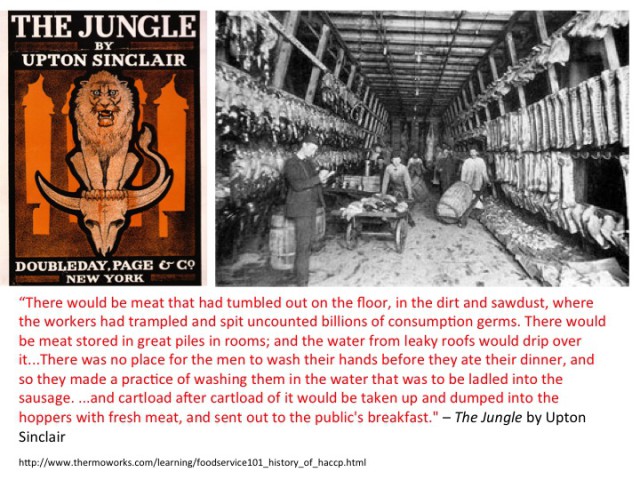CONSUMER’S RIGHT TO SAFETY
By SHIDARTA (July 2014)
One of fundamental rights for the consumer is the right to [obtain] safety. The right was introduced for the first time by then President John F. Kennedy. He presented his speech regarding the issue of consumer rights before the US Congress on March 15, 1962. Later on, the organization of Consumers International recognized March 15 as “World Consumer Rights Day”. However, in Indonesia we commemorate “the consumer day” on April 20 because on that date in 1999 Indonesia promulgated long awaited Law No. 8 Year 1999 concerning Consumer Protection. According to Article 4 of Law No. 8 Year 1999, every consumer has the right to attain comfort, safety, and security in consuming any kind of goods and/or services. The right to safety is the first mentioned consumer right according to both J.F. Kennedy’ Consumer Bill of Rights as well as Indonesian Law No. 8 Year 1999. It is aimed to defend consumers against injuries caused by products that have been available in the market.
In order to show the importance of this right for consumers, we may refresh our memory to the case exposed by Upton Sinclair in his famous novel “The Jungle” (1906). In that book, Sinclair discloses the horrible working conditions in the meat-packing industry in Chicago. The real story shocked the public in America as he revealed the facts of disease, rotten, and contaminated meat used in the industry. Public reaction then led to an investigation by the federal government and led to new federal food safety laws.
The similar scandal happened recently in China. As published in the Jakarta Post on July 23, 2014, the scandal has been spreading fast, dragging in US coffee chain Starbucks, Burger King Worldwide Inc. and others, as well as McDonald’s products as far away as Japan. McDonald’s and KFC apologized to Chinese customers after it emerged that Shanghai Husi Food Co. Ltd., a unit of US-based OSI Group LLC, had supplied expired meat to the two chains. Formerly, Starbucks said some of its cafes sold products containing chicken originally sourced from Shanghai Husi. The local government has shut down the firm Shanghai Husi after a TV report showed the staff of the firm using expired meat and picking up meat from the floor to add to the mix.
Shanghai Husi is an exporter that sells it products to many countries. McDonald’s Holding Co. of Japan said the company had sourced about a fifth of its Chicken McNuggets from Shanghai Husi and had halted sales of the product. China’s food watchdog said it ordered regional office to carry out spot checks on all firms which had utilized Shanghai Husi products and would inspect all of parent OSI’s sites around China to see if enough has been done to ensure food safety.
We have no information whether the products of Shanghai Husi are available in the Indonesian market. So far there has no warning from Indonesian authority regarding the impact of the scandal. Suppose there is not any impact to Indonesian consumers, we still can acquire a lesson learned from the scandal. For instance, many Moslem consumers here often feel doubtful to enter a restaurant since there is no sign whether it provides a halal-food. The criteria of “halal” may be confusing and may lead to becoming misunderstanding for those who are not Moslems. When I once visited a restaurant, I asked the owner of the restaurant whether the dishes are halal or non-halal. He said that he had separated between halal and non-halal food in respective dish-casseroles. He put both casseroles of halal and non-halal dishes adjacent. When I asked him to give me some halal sausages, he used the same carving fork either to pick halal or non-halal. If the ordinary people can not treat their customer appropriately like this, it is the task of government to educate public, including business owners on how to give comfort, safety, and security for public in consuming any kind of goods and/or services in this country. The issue is not restricted only about halal or non-halal, but it includes many aspect of the right to safety for consumers. (***)




Comments :